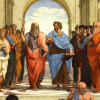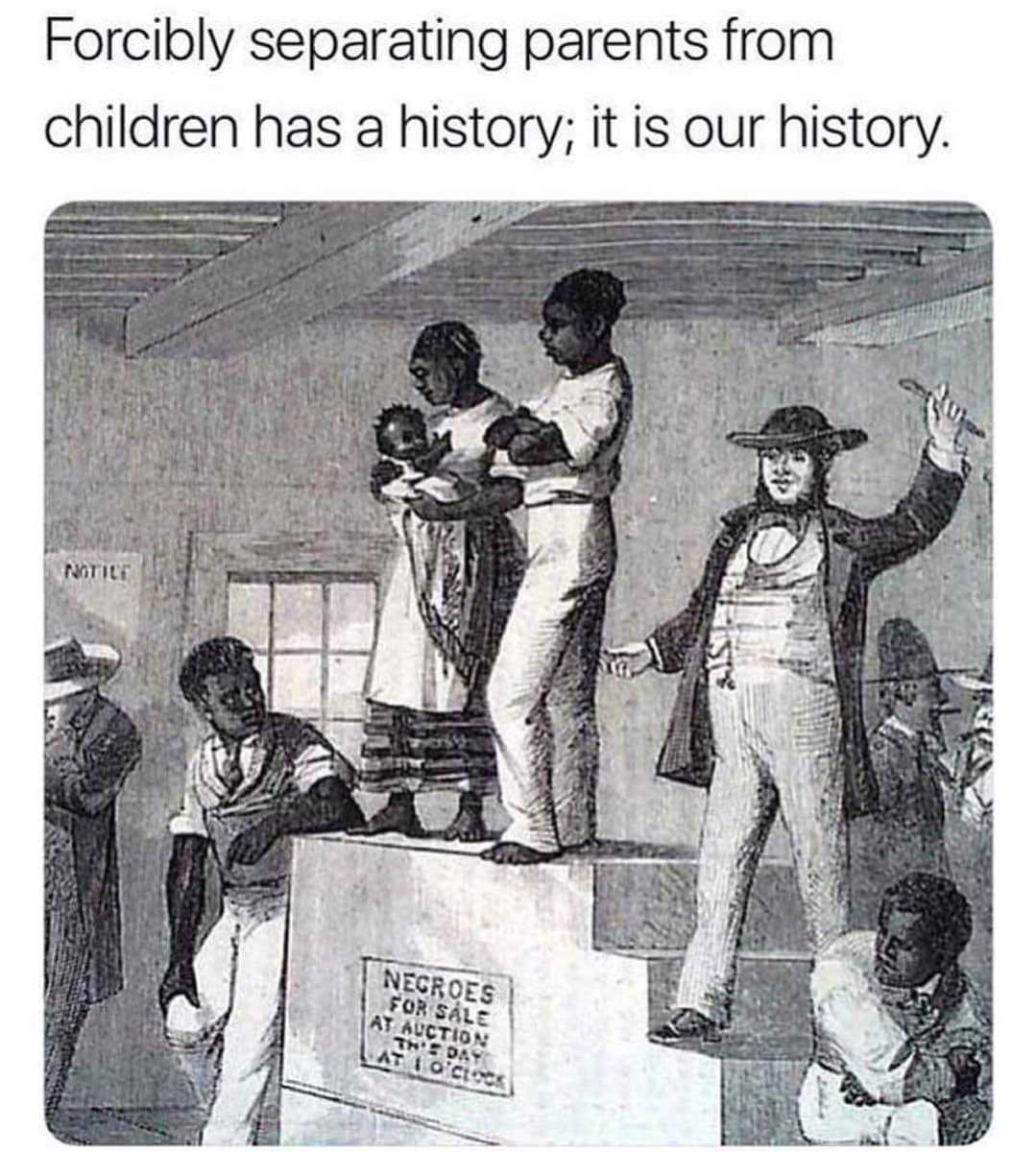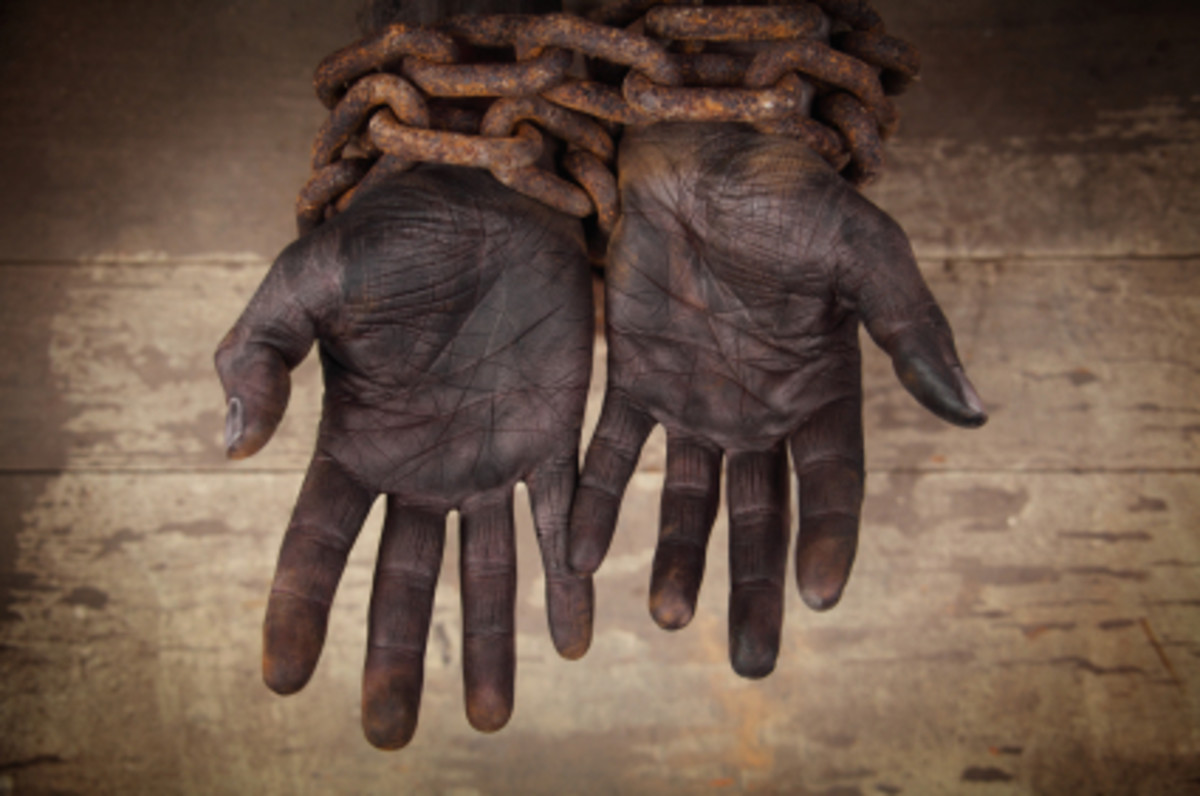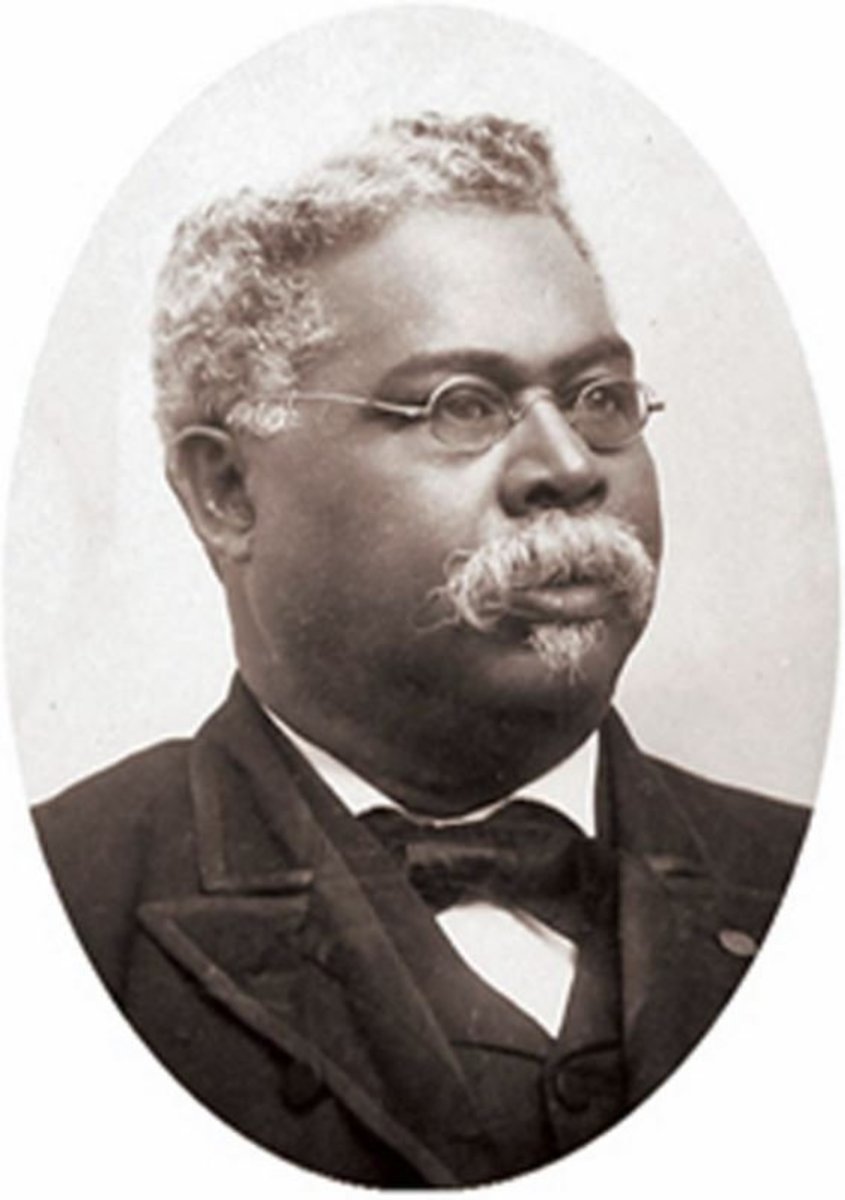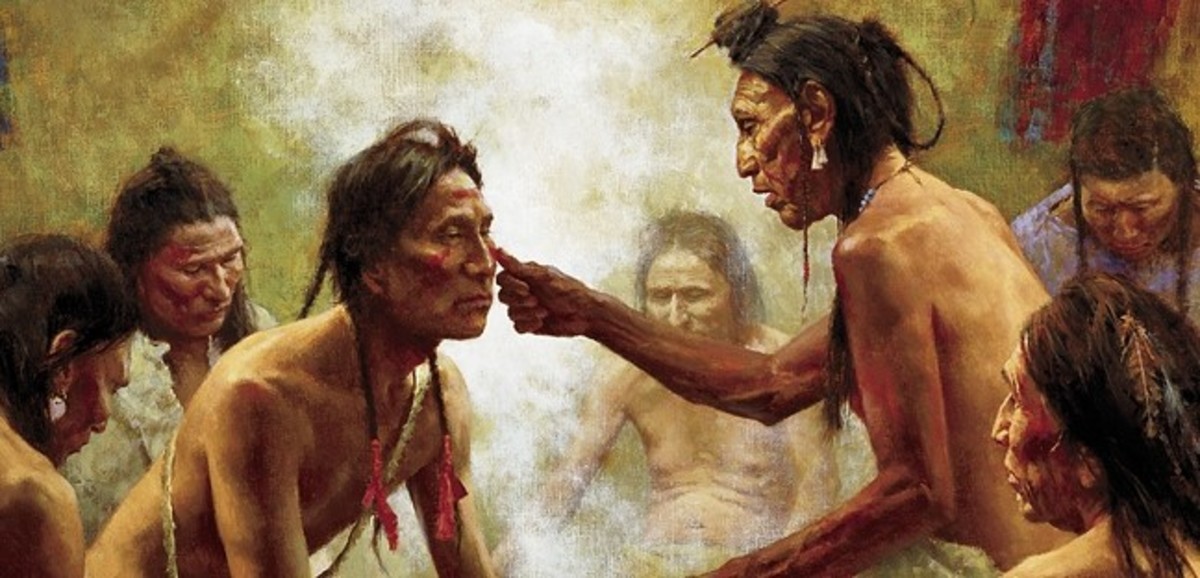- HubPages»
- Education and Science»
- History & Archaeology»
- History of the Americas
Slavery After the Civil Way
|Work I did in my Junior Year for US History Final Semestral Essay| |Third Essay|
After the civil war in the United States of America, slavery was abolished and slaves were free and equal to all other Americans. It was thought that life for slaves would improve and they would fit in society like any other American. However, this was not exactly true and, as various authors tell us, life for slaves did not give them the freedom they were offered. Life for African Americans did not improve after the civil war since people never thought black people would succeed, then slavery has been proven to be fair and right in many occasions, and at last freed slaves had now to care for themselves and with their lack of education and respect from society this created a struggle during their free lives.
As slaves became independent they started to try to become better and even some took power in politics. When whites like John Burgess, a Columbia University scholar, heard about this, they expressed their opinion to the Black Reconstitution in a very racist way, for instance as Burgess said: “A black skin means membership in a race of men which has never of itself succeeded in subjecting passion to reason; has never, therefore, created civilization of any kind.”[1] This proves to us how many educated and high standard people thought that African Americans would never succeed. Therefore, if an African American would apply for a job and a white person would apply for a job, with the same education and experience, the white would get the job simply because people would think that African Americans would never succeed. This created problems for African Americans to find a professional job and be able to excel. This also proves how African Americans were not exactly equal for society because people would give more opportunities to whites before African Americans.
Even though it was said slavery was a horrific thing and slaves were abused and treated badly, it has been said and proven that in many cases slavery was actually something good for slaves. As Johnson says, “He [Davis] maintained it was wrong for whites to own more slaves than they could personally care for… If cruelty occurred, it was because sheer numbers undetermined the personal owner-slave relationship.”[2] Johnson claims that slavery was perfectly good as long as it’s done correctly. He says that if slavery could have been spread over America then there would be no slave cruelty since everybody would only have as many slaves as they could take care. Johnson says that Davis had more than seventy four slaves and how he treated them well and even knew each of their names. It is also said in the document, “The slaves judged and punished themselves. Families were kept together. One testified: ‘we had good grub and good clothes and nobody worked hard.’”[3] As we can see from this, slaves were treated very well. Davis explains his relationship with his slaves very good because there was mutual respect and his home place was even described as “a little paradise” for the slaves. Slaves were even given rights such as, being able to judge themselves. This proves how slavery could be good and how it might be wrong to generalize slavery as horrific, unfair and unrightfully. Additionally, Northern states were hypocritical about slavery and as Philosopher John Stuart Mill quotes, “The present government of the United States is not an Abolitionist government. Abolitionists, in America, mean those who do not keep within the constitution… who aim at abolishing slavery wherever it exists…”[4] This was said because of how slavery existed in some northern states after the Civil War. After the Civil War there was an army that went from town to town in the South making slaves free. However, some slaves in the North were not set free and they were forced to follow the army that freed slaves, or the Liberation Army, and being in the place of battle in order to be free. This shows us how not even people from the North helped slaves, even while claiming that the war they fought was because of their freedom.
Freed slaves have to struggle with being given fewer opportunities simply because people believe that they will never succeed. Nonetheless, when an African American is a slave he has a permanent job he can depend on for the rest of his life and, if done correctly, have many benefits from this. As George Fitzhugh said, “There is no rivalry, no competition to get employment among slaves, as among free laborers… They have no dread of the future - no fear of want.”[5] African Americans as slaves never have to struggle with finding a job and feeding their family, this is already done for them. When slavery was abolished and slaves were set free, freed slaves had no education whatsoever because during their slave times they did not need any education. When they are sent to the world to take care of themselves they find themselves in a situation of struggle and work they have never encountered before. This reduces their chances of survival while as being slaves all of this was supplied for them; they had “no fear of want”. In addition, there was also hate from many Americans, especially from southern people, and this created, as an example, the “black codes”. As Zinn quotes, “…these returned southern states enacted ‘black codes’, which made the freed slaves like serfs, still working the plantations.”[6] This left African Americans in a situation where they were like slaves again; simply they were not called slaves. And since many freed slaves struggled to get a job they were forced to work like this. We could use as an example of black codes, Mississippi. There, in 1865, it was made illegal for free slaves to have any farm land and provided work contracts which they could not break. Also it made it legal to children under 18 with either dead or poor parents to be given apprenticeships, which made them work in forced labor. We can see by this that life for freed slaves did not actually improve.
These examples prove to us how life for freed slaves did not actually improve and in some cases it even became worse since African Americans were put in a very vulnerable situation. African Americans might have been in a better situation being slaves since they had a permanent way of living and when sent to the world they were sent to a situation where they had trouble to excel and become better. Their lack of education and respect from society created this. As is said before, African Americans were better as slaves than as freed men and if slavery was not the right thing, they should have never been slaves and just equal in society instead of being slaves and then put in a world they don’t understand and they won’t be able to survive.
[1] Zinn, Howard. 1980. A People’s History of the United States New York: Harper Colophon Books, p.192-196
[2] Johnson, Paul. 1999. A History of the American People New York: HarperCollins Publishers, p. p.451-453
[3] Johnson, Paul. 1999. A History of the American People New York: HarperCollins Publishers, p. p.451-453
[4] Bennett, William. 2006. America The Last Best Hope, Volume 1: From the Age of Discovery To a World at War Nashville, Tennessee: Thomas Nelson inc, p.350-353
[5] Fitzhugh, George. 1854. Sociology For The South or The Failure of Free Society Richmond, VA: A. Morris, p.245-248
[6] Zinn, Howard. 1980. A People’s History of the United States New York: Harper Colophon Books, p.192-196
